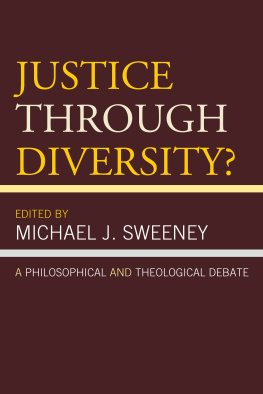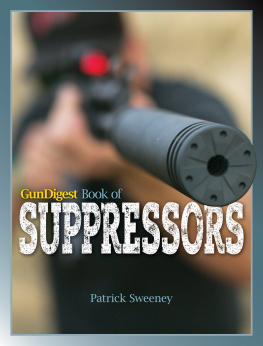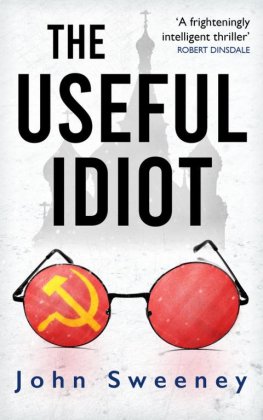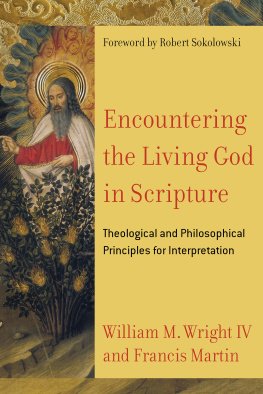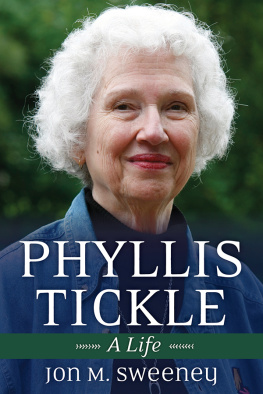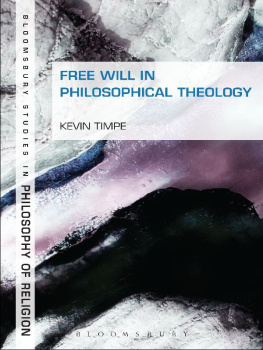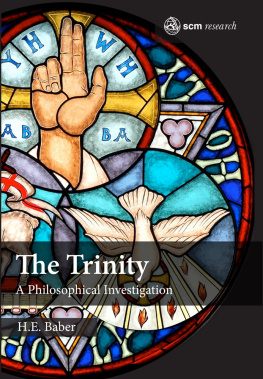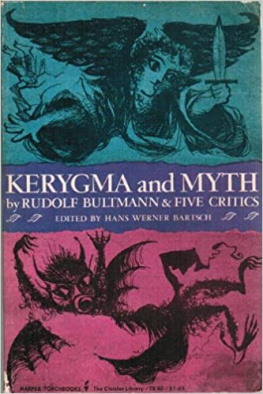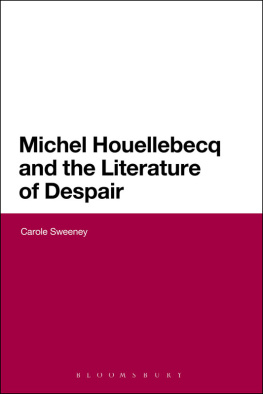Sweeney - Justice Through Diversity?: a philosophical and theological debate
Here you can read online Sweeney - Justice Through Diversity?: a philosophical and theological debate full text of the book (entire story) in english for free. Download pdf and epub, get meaning, cover and reviews about this ebook. year: 2012, publisher: Rowman & Littlefield Publishers, genre: Politics. Description of the work, (preface) as well as reviews are available. Best literature library LitArk.com created for fans of good reading and offers a wide selection of genres:
Romance novel
Science fiction
Adventure
Detective
Science
History
Home and family
Prose
Art
Politics
Computer
Non-fiction
Religion
Business
Children
Humor
Choose a favorite category and find really read worthwhile books. Enjoy immersion in the world of imagination, feel the emotions of the characters or learn something new for yourself, make an fascinating discovery.
Justice Through Diversity?: a philosophical and theological debate: summary, description and annotation
We offer to read an annotation, description, summary or preface (depends on what the author of the book "Justice Through Diversity?: a philosophical and theological debate" wrote himself). If you haven't found the necessary information about the book — write in the comments, we will try to find it.
Justice Through Diversity?: a philosophical and theological debate — read online for free the complete book (whole text) full work
Below is the text of the book, divided by pages. System saving the place of the last page read, allows you to conveniently read the book "Justice Through Diversity?: a philosophical and theological debate" online for free, without having to search again every time where you left off. Put a bookmark, and you can go to the page where you finished reading at any time.
Font size:
Interval:
Bookmark:
Justice Through Diversity?
Justice Through Diversity?
A Philosophical and
Theological Debate
Edited by Michael J. Sweeney
ROWMAN & LITTLEFIELD
Lanham Boulder New York London
Published by Rowman & Littlefield
A wholly owned subsidiary of The Rowman & Littlefield Publishing Group, Inc.
4501 Forbes Boulevard, Suite 200, Lanham, Maryland 20706
www.rowman.com
Unit A, Whitacre Mews, 26-34 Stannary Street, London SE11 4AB
Copyright 2016 by Rowman & Littlefield
All rights reserved. No part of this book may be reproduced in any form or by any electronic or mechanical means, including information storage and retrieval systems, without written permission from the publisher, except by a reviewer who may quote passages in a review.
British Library Cataloguing in Publication Information Available
Library of Congress Cataloging-in-Publication Data
Names: Sweeney, Michael J., editor
Title: Justice through diversity? : a philosophical and theological debate / edited by Michael J. Sweeney.
Description: Lanham, Maryland : Rowman & Littlefield, 2016. Includes bibliographical references and index.
Identifiers: LCCN 2016012239 (print) | LCCN 2016017295 (ebook) | ISBN 97814442271166 (cloth : alk. paper) | ISBN 9781442271173 (electronic)
Subjects: LCSH: Justice (Philosophy) | Religion and justice. | Plurilism.
Classification: LCC B105.J87 J87 2016 (print) | LCC B105.J87 (ebook) | DDC 172/x2--dc23. LC record available at http://lccn.loc.gov/2016012239
 TM The paper used in this publication meets the minimum requirements of American National Standard for Information Sciences Permanence of Paper for Printed Library Materials, ANSI/NISO Z39.48-1992.
TM The paper used in this publication meets the minimum requirements of American National Standard for Information Sciences Permanence of Paper for Printed Library Materials, ANSI/NISO Z39.48-1992.
Printed in the United States of America
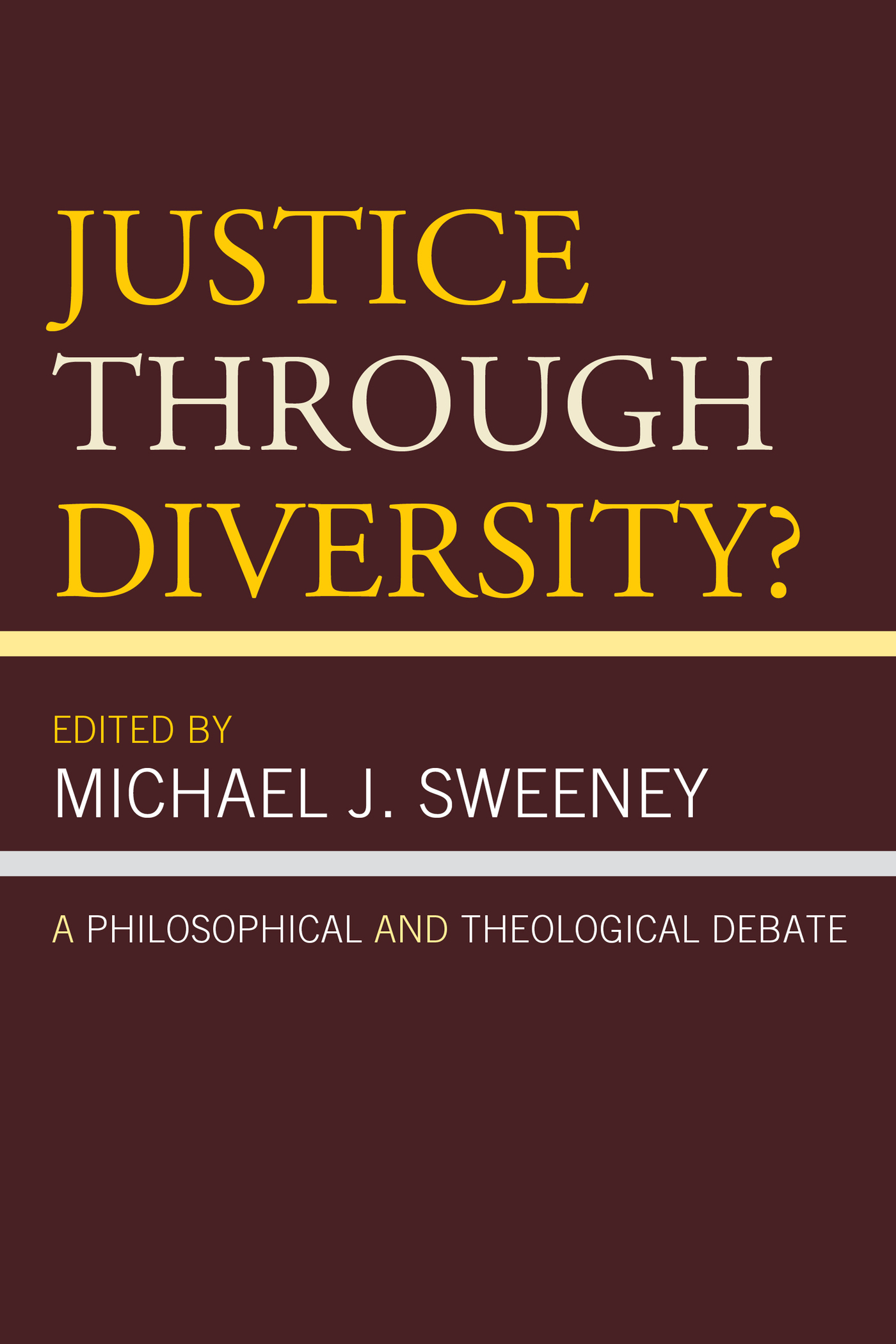
Michael J. Sweeney, Xavier University
Perhaps the most transformative force in the contemporary university is the commitment to justice through diversity. This commitment has changed who enters, teaches, and administers the university. It has changed the content of what is taught and the mission statements that define the purpose of higher education. What is rarely defined, however, is justice and how it is related to diversity. A commonsensical understanding of justice as equality generally suffices because the most basic commitment is to make higher education equally accessible. Nevertheless, if that were the limit of the commitment to justice through diversity, the transformation of the university would stop at the admissions office. Moreover, the problem with the simple definition of justice as equality is that it does little to explain the relationship between justice and diversity. If justice is equality, are all differences equal? Are all differences in race, gender, sexual orientation, national origin, ethnicity, religion, and culture equal? Should such differences be weighted differently and thus hierarchically? On what basis are those differences to be weighted and ranked to ensure equality?
The answers that have dominated the interpretation of justice through diversity have come from the social sciences. Social sciences dominate the publication of material for courses in justice and diversity, as they dominate that portion of the curriculum. The appeal of the social sciences here is plain: they provide an empirical analysis of power and how it is held by different races, ethnicities, sexual identities, cultures, religions, and so on. If justice is equality, and power is unequally distributed among these differences, one can see through social sciences how to equalize power by weighting and ranking differences; social science points the way to justice. A philosopher such as Michel Foucault has much to say about power and institutions, but he cannot match the empirical verification, the ready translation into practice, and the accessibility of the social sciences. In brief, the social sciences seem to provide a more reliable method by which power and privilege can be calculated and equitably distributed.
As justice through diversity became central to the mission of the university, philosophy and theology fell somewhat from their privileged positions, especially in Catholic universities. Philosopher kings and theocrats in the university would give way to empirical investigations of privilege and techniques of countering that privilege. Although Catholic universities may claim in their mission statements that their commitment to justice through diversity derives from their religious commitments, it is left to the social sciences to interpret the relationship between justice and diversity and to provide the prescriptions for how justice through diversity is to be implemented. The meanings of justice and diversity become less a matter of debate and more a matter of scientific investigation. Universities emphasize their commitment to actionto enacting justice through diversityrather than their commitment to debate. Philosophical and theological debate thus appears a relic of a time when the university lacked commitment to justice through diversity and of a power structure that ignored the most pressing issue for academia.
Nevertheless, besides being a problem to be studied by the social sciences and solved by a corresponding policy, justice through diversity is also a question, the roots of which are so deep that they can be reached only by philosophy and theology. The relationship between justice and diversity is a question of first principles, which are irreducible, multiple, and therefore competing; it is a question that has to acknowledge irreconcilable differences about what constitutes a meaningful difference and a question that therefore must be posed within the context of debate. Consensus in philosophy and theology about which differences among human beings are most real and what is owed to which differences is impossible. To which differences must justice be blind, and upon which must justice shine its bright light? Platos account of justice in the Republic, for example, famously ignores the differences between male and female, even to the point of having men and women performing military exercises together naked; justice would have us ignore the difference of gender. On the other hand, the differences between the work performed by merchants, warriors, and philosophers are essential to Platos hierarchical definition of justice. One may say that justice and diversity are always conjoined, but their meanings and the manner of their conjunction must be a matter of debate in philosophy and theology.
Justice through diversity is, therefore, not merely a problem for the university but a questionthat is, it is not clear that the university can survive without the debate provided by philosophy and theology. Jean-Francois Lyotard identifies efficiency with dissent, and so in 1979 he prophesied the collapse of both the Soviet Union and the modern university based on the inefficiency that follows from the stifling of dissent. In twenty years, his prophesy about the Soviet Union would be fulfilled, and that should give us pause about the future of the university. The university arose in the Middle Ages around public disputation; the university was a creation of and for public debate, and the method of the disputatio dominated university teaching, examination, and publication. Descartes saw postmedieval scholasticism and the university as sterile, and so he moved philosophy outside university disputation and toward consensus. As Lyotard shows, the modern university, exemplified by the University of Berlin, sought to replace debate with consensus, but that was only possible through the silencing of dissent. If justice through diversity is only a problem for the university and not a question, then dissent about the most important issue for the university is impossible. For debate about justice through diversity to be as central as the issue itself, philosophy and theology must have a voice, and that is the purpose of this volume. To the problem solving of the social sciences, this volume adds the questioning voices of philosophy and theology concerning justice through diversity.
Next pageFont size:
Interval:
Bookmark:
Similar books «Justice Through Diversity?: a philosophical and theological debate»
Look at similar books to Justice Through Diversity?: a philosophical and theological debate. We have selected literature similar in name and meaning in the hope of providing readers with more options to find new, interesting, not yet read works.
Discussion, reviews of the book Justice Through Diversity?: a philosophical and theological debate and just readers' own opinions. Leave your comments, write what you think about the work, its meaning or the main characters. Specify what exactly you liked and what you didn't like, and why you think so.

